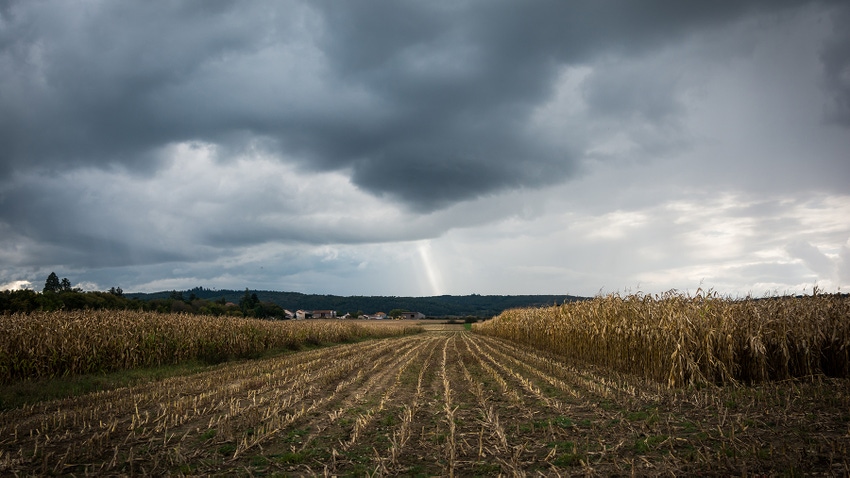April 10, 2023

After natural disasters, food and shelter are prioritized well above mental health, but ignoring emotional distress can lead to serious physical health conditions.
This problem applies to adults and children who survive tragedies like the series of tornadoes that tore through Mississippi March 25. Health specialists with the Mississippi State University Extension Service have teamed with colleagues in the MSU Department of Psychology to create new publications with tips for storm victims coping with stress and grief. MSU Extension has several publications related to coping with disasters, including the two new ones stemming from this collaboration.
“Some storm victims who are experiencing trauma now may have trouble processing or even acknowledging emotions as they clean up and rebuild their lives,” said David Buys, MSU Extension health specialist. “Suppressing emotions doesn’t make them disappear, and repeatedly doing so eventually can cause significant physical health problems.”
The two new publications are “Coping with Grief After a Disaster” and “Coping with Stress After a Tornado.” Another recent publication, “Children Need Help Coping with Disaster,” is targeted toward parents of children processing emotions after a traumatic event.
Stress symptoms
“It is not uncommon for people to have symptoms that continue impacting their daily lives well after a disaster,” said MSU Department of Psychology Director Michael Nadorff in “Coping with Stress After a Tornado.” “If you notice symptoms such as crying spells, trouble sleeping or difficulty eating for more than 2 weeks after the disaster, this is a sign that you or your loved one would likely benefit from talking to a mental health professional.”
“Coping with Grief After a Disaster” addresses complicated symptoms tied to trauma, such as survivor’s guilt.
Increased severity
“Having nightmares, not being able to think about anything other than your loss and being unable to fulfill responsibilities are a few signs of complicated grief related to trauma,” Buys said. “Some people may also experience ‘survivor’s guilt,’ which is when you feel guilty that the disaster didn’t affect you as severely as others. These feelings can increase the severity of other symptoms of distress following the event.”
To access these and other publications related to coping with disasters, visit the MSU Extension Disaster Response web page at https://extension.msstate.edu/community/disaster-response.
If you or someone you know is struggling or in crisis, help is available. Call or text the 988 Suicide and Crisis Lifeline at 988 or chat online with a professional at 988lifeline.org.
Source: Mississippi State University Extension Service
About the Author(s)
You May Also Like






